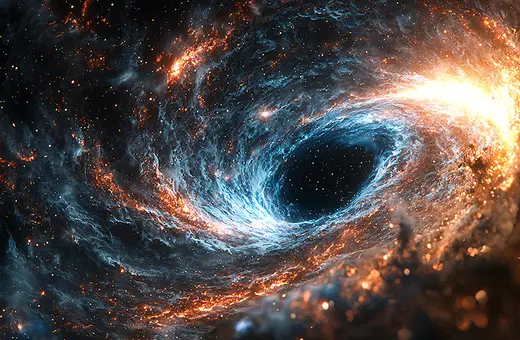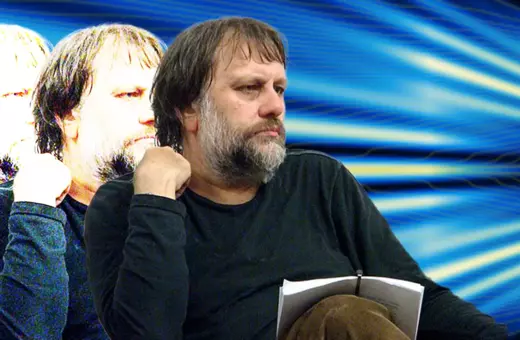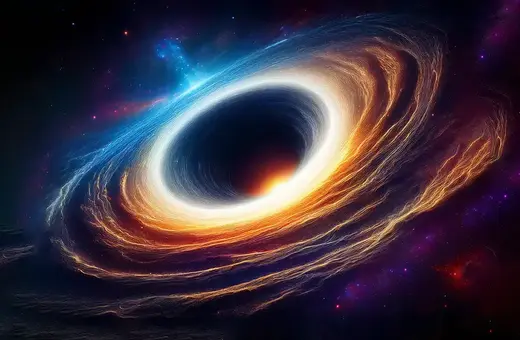String Theory has been the dominant candidate for a ‘theory of everything’ for decades. But Eric Weinstein thinks its dominance is unjustified and has resulted in a culture that has stifled critique, alternative views, and ultimately has damaged theoretical physics at a catastrophic level. In this exclusive interview, Weinstein defends String Theory against some of its critics, but ultimately argues the need for a fundamental cultural shift to save the vitality of the field from certain death.
These days almost all of theoretical physics is conducted by professional academics working in universities. Leaving aside the droves of amateurs bombarding high profile physicists with their pet theories that supposedly prove Einstein wrong or solve the measurement problem of quantum mechanics once and for all, there are very few, but notable exceptions. Eric Weinstein is perhaps the most famous among them.
There is something alluring about the image of the lone genius, hacking away at some of the hardest theoretical physics problems, aiming to uncover the secret language of the universe armed with just pen, paper, and their intellect. We owe this image of the physics maverick to Albert Einstein who singlehandedly triggered one of the two major revolutions in physics while working as a patent clerk. Weinstein’s day job has been a bit more glamorous than that, being the managing director of Thiel Capital for a number of years, though these days he is working with Thiel in a different capacity and describes himself as an entertainer, being the host of a podcast, The Portal.
___
What if, Weinstein continues, the very idea of spacetime is doomed? ‘Spacetime’ is just a model, and one that might be deeply problematic.
___
I reached out to Weinstein because I wanted to talk to him about String Theory. A recent exchange he had with Brian Greene, one of the most influential string theorists alive today, has been ringing in the back of my mind and I wanted to find out more about Weinstein’s views on the matter. In his exchange with Greene, he accused string theory, or rather string theory culture, as being the main obstacle for the development of theoretical physics in the past 50 years or so. Weinstein repeated some of these claims in a recent podcast with Brian Keating and Dan Greene. So why is it that despite some of the most distinguished theoretical physicists seeing String Theory as the most promising candidate for a so-called theory of everything, does Weinstein hold it responsible for the discipline’s stagnation?
“Before we attempt a theory of everything, we need to understand our two fundamental models for physical reality”, Weinstein begins. You see, ever since Einstein, physicists have been assuming that a theory of everything is the next logical step for physics, when in fact we probably still don’t fully understand the two theories we are trying to merge: Quantum Field Theory and General Relativity.





















Join the conversation